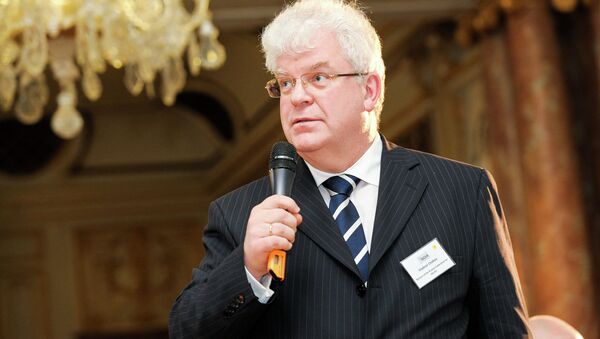"The existence of different attitudes among the member states to the issue of sanctions could influence the official position of the EU itself in the end," Chizhov told RIA Novosti in an interview.
He noted, however, that the strengthening of the sanctions is as unlikely as their early alleviation.
Chizhov's words came two days after Greek Prime Minister Alexis Tsipras voiced his disagreement with the EU anti-Russia sanctions and called them economic warfare.
Other countries, which do not support the sanctions include the Czech Republic, Hungary and Cyprus.
Relations between Russia and Europe deteriorated sharply amid the crisis in Ukraine. The bloc, accusing Moscow of interfering with Kiev's internal affairs, imposed several rounds of sanctions against Russia. Moscow denied all the allegations and in response, issued a year-long embargo on imports of food products from those countries that implemented sanctions.


